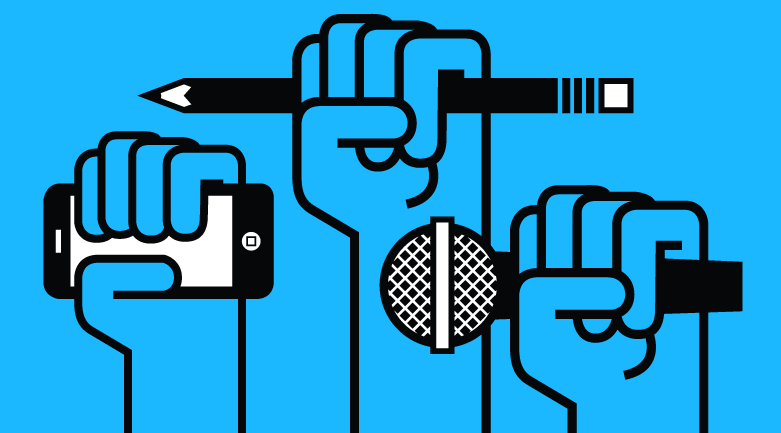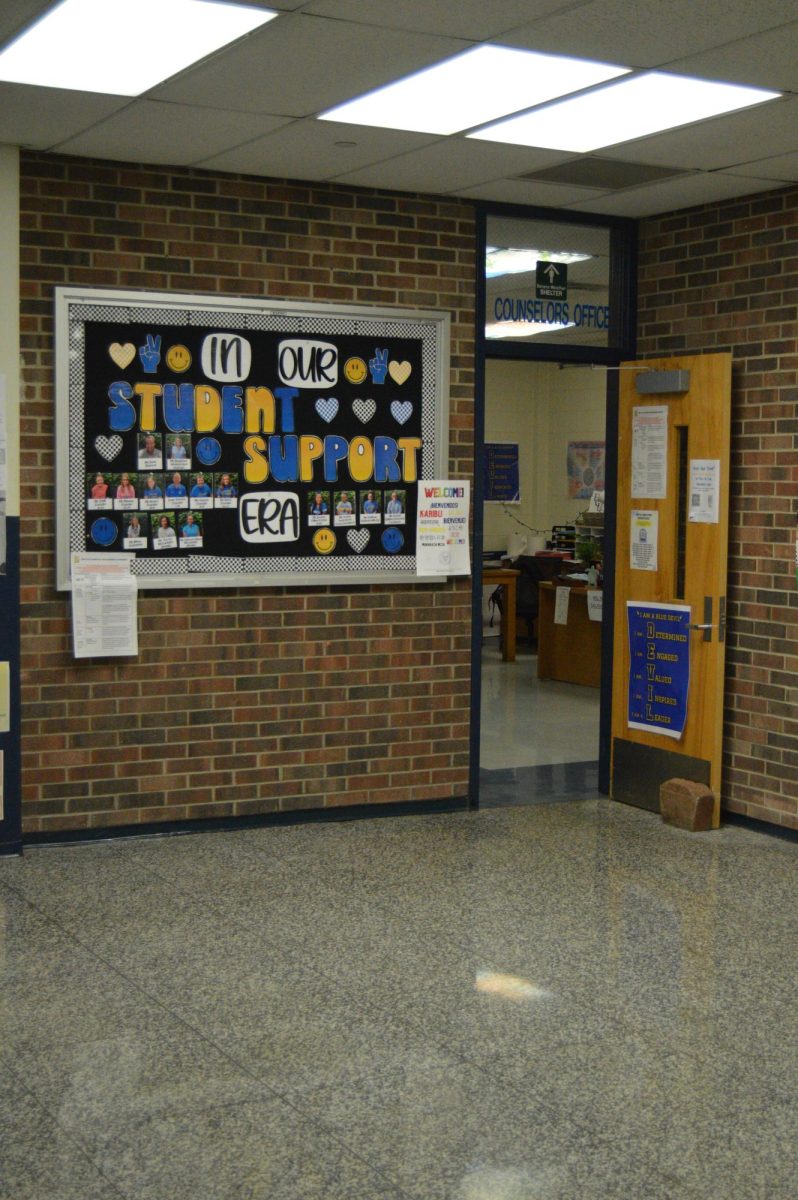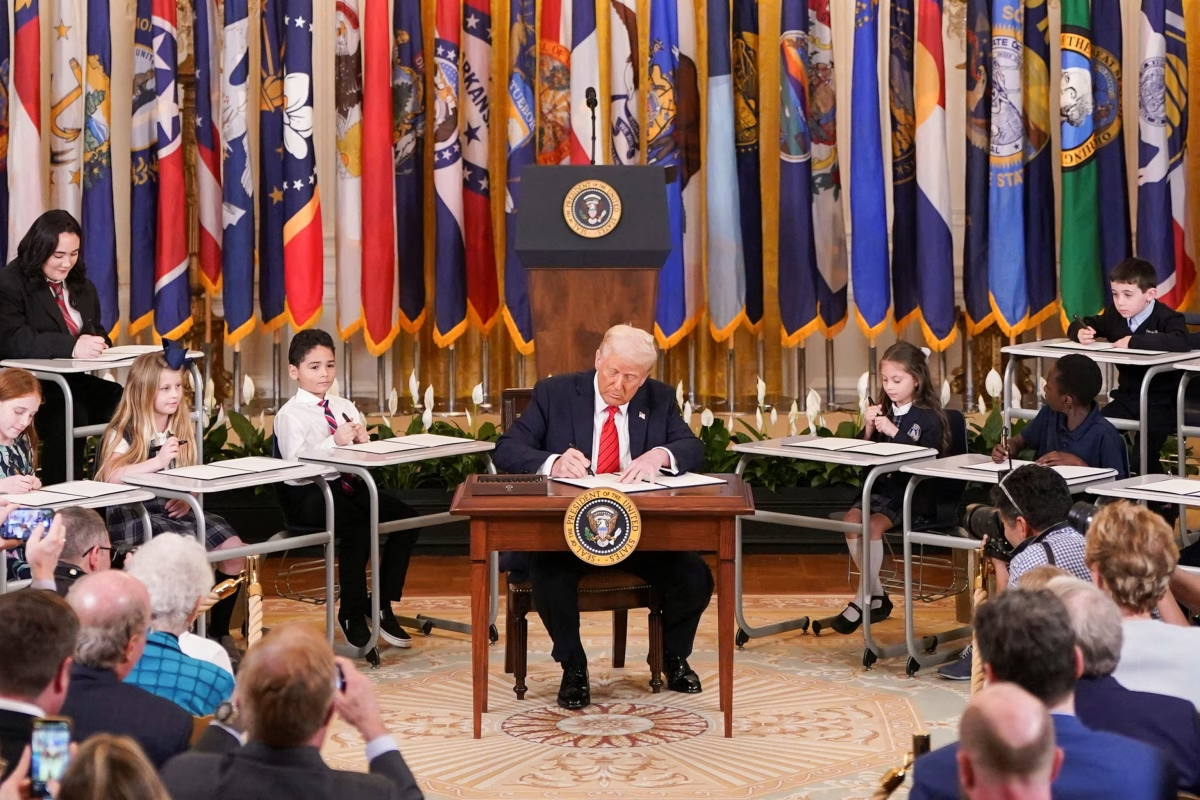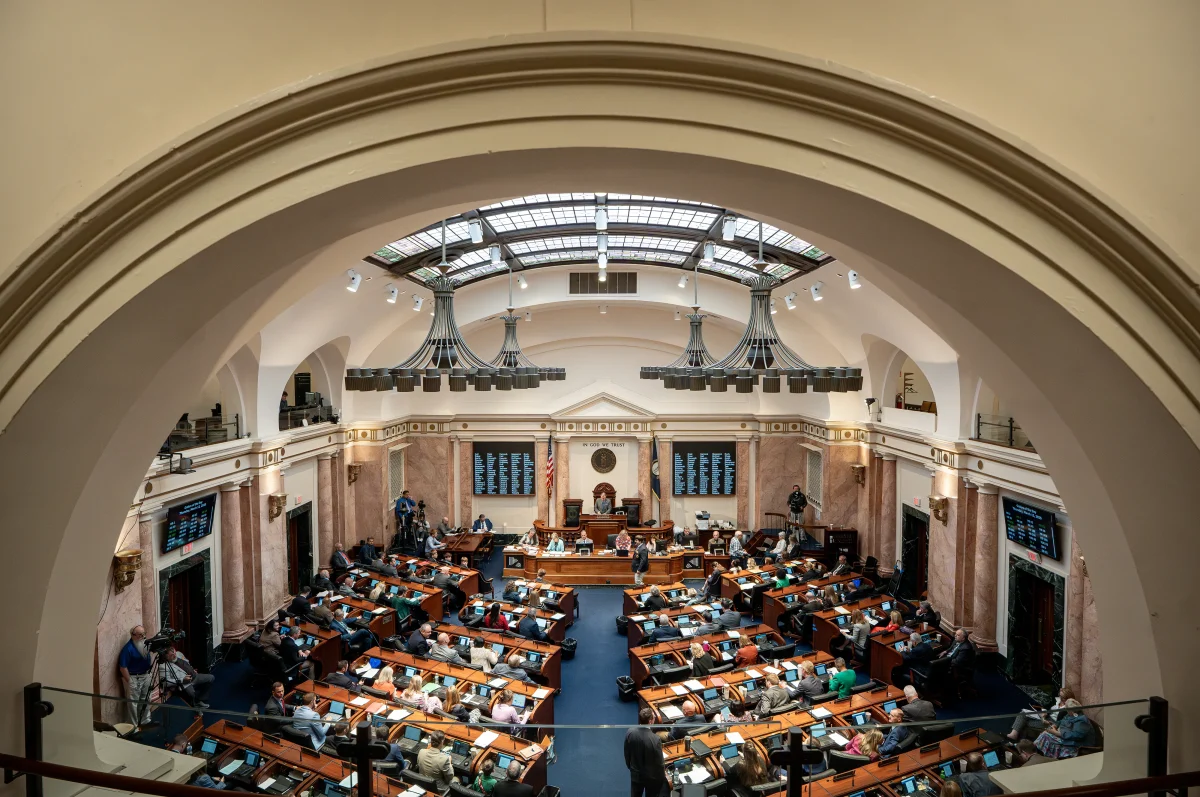Of all the freedoms mentioned in the First Amendment, the freedom of the press is by far one of the most important while simultaneously being one of the most violated. Recently, these violations have increased, and the perpetrators have not received the proper consequences.
Jimmy Kimmel’s late night show being pulled by the Federal Communications Commission chairman for “truly sick” comments, the Pentagon requiring journalists to refrain from reporting unauthorized information even if it’s declassified, and the White House barring Associated Press reporters from White House press events are all examples of First Amendment violations within the past several months.
The freedom of the press is what makes “good journalism” excellent pieces of media, and it does this by allowing reporters to give the public information no matter how critical or unkind. If reporters are silenced the consequences could be catastrophic for the future of free speech.
American journalism started about 90 years before the Declaration of Independence was signed. The Publick Occurrences, the first newspaper in the British-North American Colonies, was published for the first time in 1690. But the now 300-year-old newspaper ceased publishing because of the lack of a free press.
Under British rule it was illegal to own a printing press or publish anything without the government’s approval. This led to the banning of the Publick Occurrences and every copy of the publication the authorities could find to be destroyed. The only known copy remaining is preserved in the British Library in London.
The strict British policies regarding the press and incidents similar to the Publick Occurrences led to the inclusion of the freedom of the press in the First Amendment. When the First Amendment was drafted, the purpose of the freedom of the press was to protect publishing from being restricted by the government.
According to History.com, “Virginia was the first state to formally protect the press. The 1776 Virginia Declaration of Rights stated, ‘The freedom of the Press is one of the greatest bulwarks of liberty, and can never be restrained but by despotic Governments.’ More than a decade later, Virginia Representative (and later president of the United States) James Madison would borrow from that declaration when drafting the First Amendment.”
This part of the First Amendment has allowed reporters in America to do what many in other countries could never dream of doing. Most countries in the world don’t have a free press and their people live in a place where it could be dangerous for their livelihood if they speak their mind freely.
According to Reporters Without Borders, “More than half of the world’s citizens live in extremely dangerous places for press freedom, places where working as a journalist means risking your life or your liberty, while fewer than 8% live in places where the situation is classified as ‘good’ or ‘satisfactory.’”
The freedom of the press is not only a right, but a beautiful privilege that is taken for granted constantly. Countries that lack a free press include North Korea, Syria, and Russia, all of which are under immense political strain that cannot be held accountable.
Journalism is essential to people’s everyday lives, whether they consume it through television, news articles, or social media. It is the citizens’ duty to stay informed about the happenings of the nation. If the news is censored, the consumers’ free speech as well as the reporters could be affected.
The freedom of the press needs to be protected to ensure the First Amendment is carried out properly. Censorship and government interference with journalism should never be normalized in our society.








